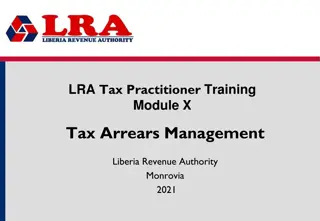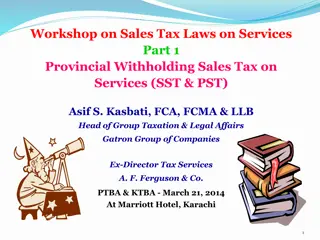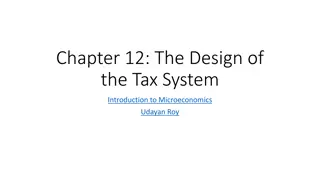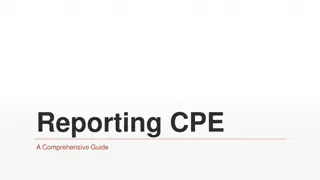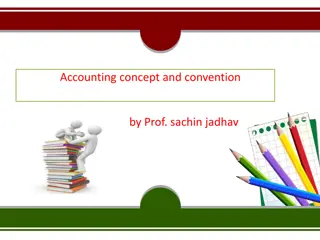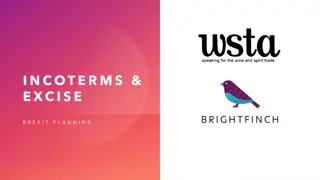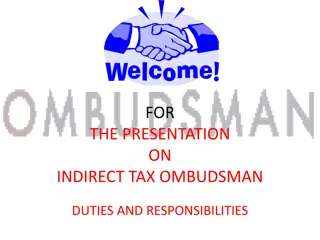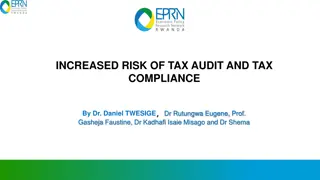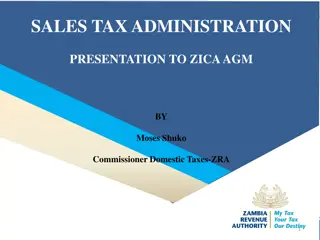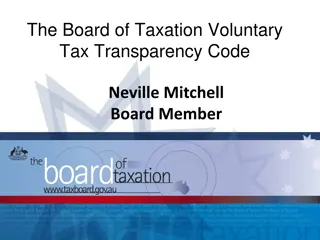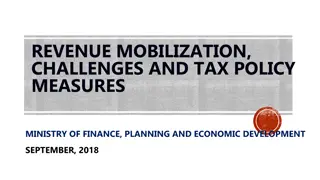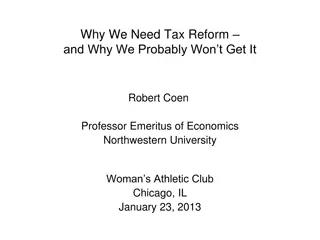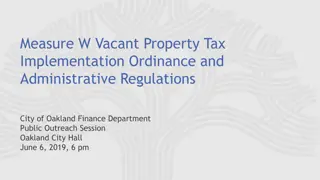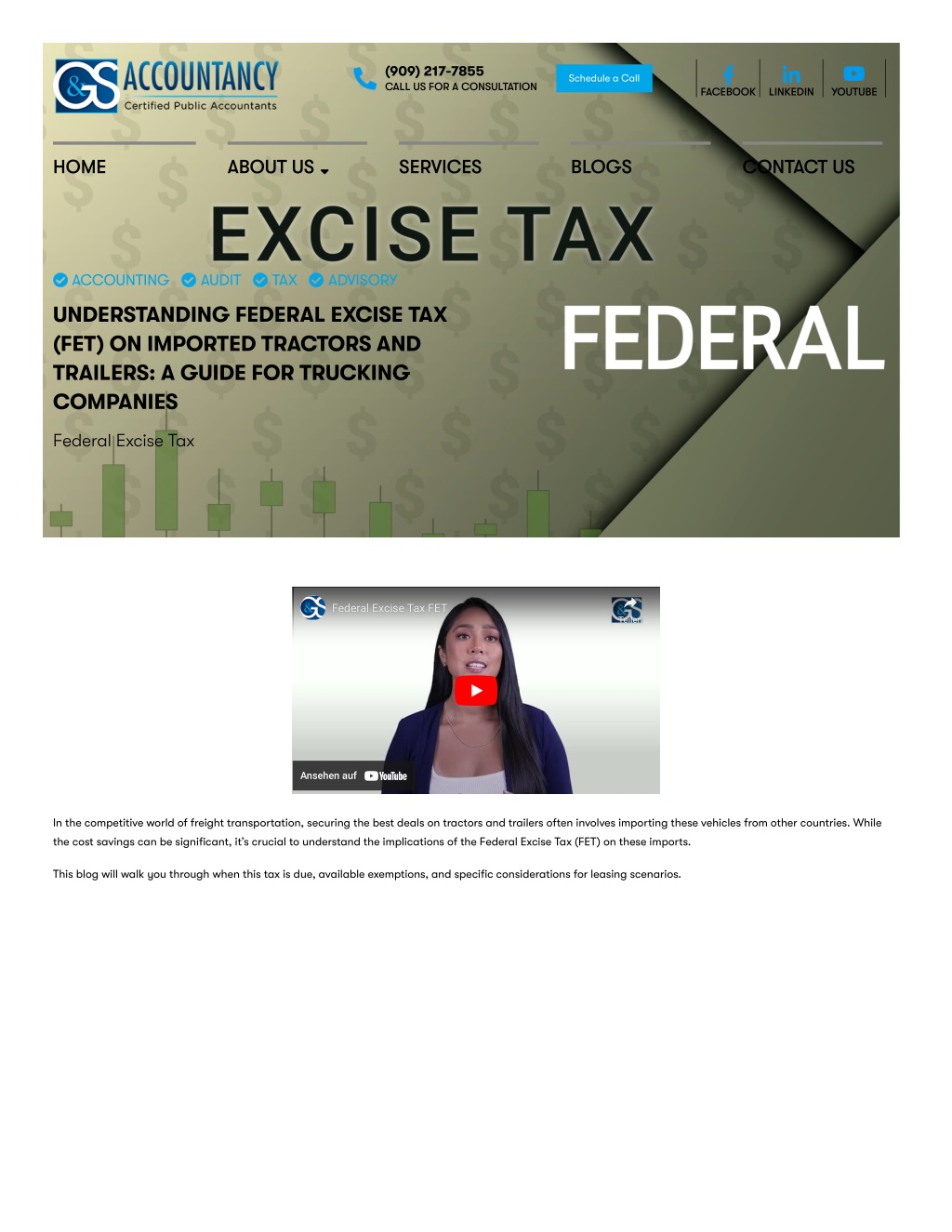
Federal Excise Tax (FET) On Trailers - GNS Accountancy
Understanding Federal Excise Tax (FET) on Imported Tractors and Trailers: A Guide for Trucking Companies
Download Presentation

Please find below an Image/Link to download the presentation.
The content on the website is provided AS IS for your information and personal use only. It may not be sold, licensed, or shared on other websites without obtaining consent from the author. Download presentation by click this link. If you encounter any issues during the download, it is possible that the publisher has removed the file from their server.
E N D
Presentation Transcript
(909) 217-7855 CALL US FOR A CONSULTATION Schedule a Call FACEBOOK LINKEDIN YOUTUBE HOME ABOUT US SERVICES BLOGS CONTACT US ACCOUNTING AUDIT TAX ADVISORY UNDERSTANDING FEDERAL EXCISE TAX (FET) ON IMPORTED TRACTORS AND TRAILERS: A GUIDE FOR TRUCKING COMPANIES Federal Excise Tax Federal Excise Tax FET Federal Excise Tax FET Teilen Teilen Ansehen auf In the competitive world of freight transportation, securing the best deals on tractors and trailers often involves importing these vehicles from other countries. While the cost savings can be significant, it s crucial to understand the implications of the Federal Excise Tax (FET) on these imports. This blog will walk you through when this tax is due, available exemptions, and specific considerations for leasing scenarios.
When is the Federal Excise Tax Due? The Federal Excise Tax is generally imposed on the first retail sale of certain heavy vehicles, including tractors and trailers, within the United States. According to the Internal Revenue Code (IRC) 4051, a 12% tax applies to the sale price of these vehicles. However, the tax scenario becomes more complex when these vehicles are imported. For Importers: If your company imports tractors and trailers, you are liable for the FET when these vehicles are brought into the U.S. for use before their first retail sale. This liability includes cases where the imported vehicles are used by the importer (your company) before being sold or leased out. As outlined in IRC 4052(a)(3), the importer must pay the tax as if they sold the vehicle at retail. Example Calculation: Suppose your company imports a trailer with an invoice amount of $60,000. The FET would be calculated as follows: Here is a clear breakdown of the calculation: ?? Invoice amount: $60,000 ?? FET rate: 12% (or 0.12 as a decimal) Calculation: FET = $60,000 X 0.12 = $7,200 Exemptions from FET Certain exemptions can relieve your company from paying FET on imported tractors and trailers: 1. Weight-Based Exemptions: Trailers: FET does not apply to truck trailers and semi-trailer chassis and bodies suitable for use with a vehicle with a gross vehicle weight of 26,000 pounds or less (IRC 4051(a)(3)). Tractors: Exempt if they have a gross vehicle weight of 19,500 pounds or less, and when combined with a trailer, the gross combined weight is 33,000 pounds or less (IRC 4051(a)(4)). 2. Specially Designed Vehicles: Vehicles primarily designed for o?-highway use or for specific construction tasks can be exempt if their design substantially limits their highway use. Leasing Scenarios: Long-Term vs. Short-Term
Long-Term Leases: A long-term lease is defined as one year or more. According to IRC 4052(e), leasing an article on a long-term basis is treated as a sale, making the lessor liable for the FET. This means if your company leases trailers to related entities for a year or more, you must pay the FET as if you sold the trailers. Short-Term Leases: For leases less than one year, the leasing company (lessor) remains liable for the FET based on the first sale or use of the trailers. The lease itself does not trigger additional FET liability, but the initial use or sale by the lessor does. How G&S Accountancy Can Help Navigating the complexities of FET on imported tractors and trailers can be challenging. At G&S Accountancy, we specialize in helping trucking companies manage their excise tax obligations e?ectively. Our services include: Filing Excise Tax Forms: We ensure accurate and timely filing of Form 720, the Quarterly Federal Excise Tax Return. Exemption Guidance: We help you identify and qualify for applicable exemptions to minimize your tax liability. Relief from Penalties and Interest: Our proven strategies have successfully provided relief from penalties and interest, saving our clients significant amounts. Conclusion Understanding and managing the Federal Excise Tax on imported tractors and trailers is essential for trucking companies seeking to optimize their operations and costs. Whether dealing with complex import scenarios or navigating leasing arrangements, having a knowledgeable CPA firm by your side can make all the di?erence. Contact G&S Accountancy today to learn how we can assist you in managing your FET obligations and providing relief from potential penalties and interest. Let us help you focus on what you do best running a successful transportation business. GET IN TOUCH
ASK US A QUESTION Full Name Email Address Phone Choose File No file chosen Address 8300 Utica Ave, Suite 283 Rancho Cucamonga, CA 91730 Phone (909) 217-7855 What is 9 + 6 ? Email Type your answer info@gns-cpas.com Submit FREE CONSULTATION Empowering Your Financial Horizon, One Number at a Time We will happily o?er you a free consultation to determine how we can best serve you. Contact Us Today Stay Informed, Stay Ahead Subscribe Your Email Address... Subscribe to our CPA Newsletter Today. I'm not a robot reCAPTCHA Privacy - Terms
Help Quick Links Get In Touch Home About us Our Team Service Blogs Watch Videos Rate list Privacy policy Terms Contact Attest Services Disclosure 8300 Utica Ave, Suite 283 Rancho Cucamonga, CA 91730 Your Financial Future, Our expertise (909) 217-7855 info@gns-cpas.com Copyright 2024 G&S Accountancy.Inc All Right Reserved.

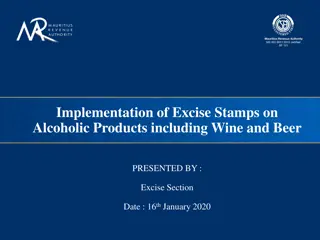

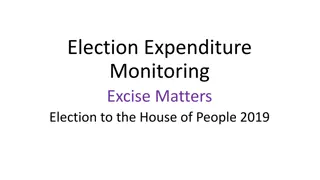
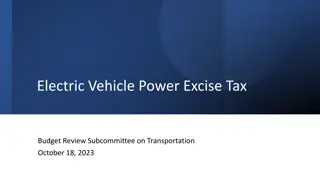
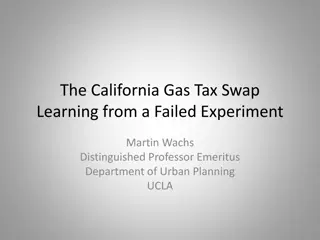
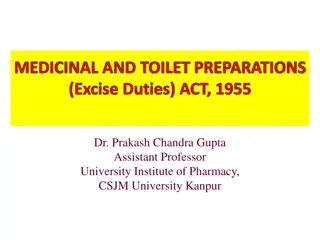

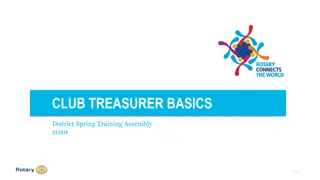
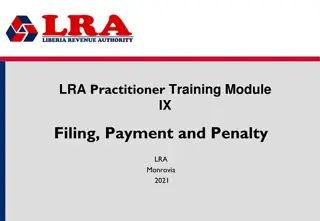


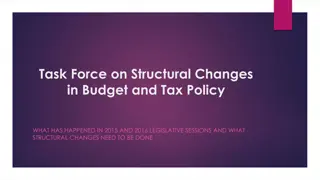
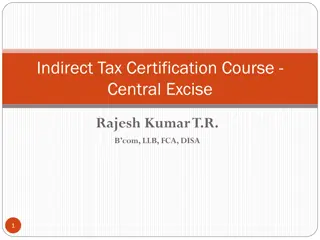


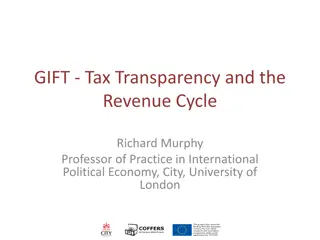

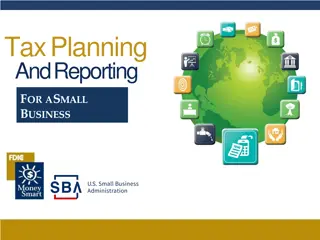

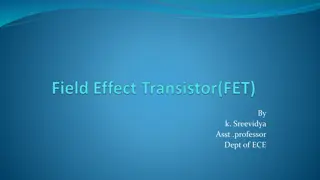
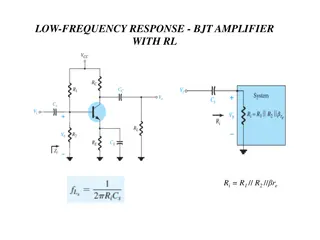



![Town of [Town Name] Real Estate Tax Rates and FY 2024 Budget Summary](/thumb/62211/town-of-town-name-real-estate-tax-rates-and-fy-2024-budget-summary.jpg)


